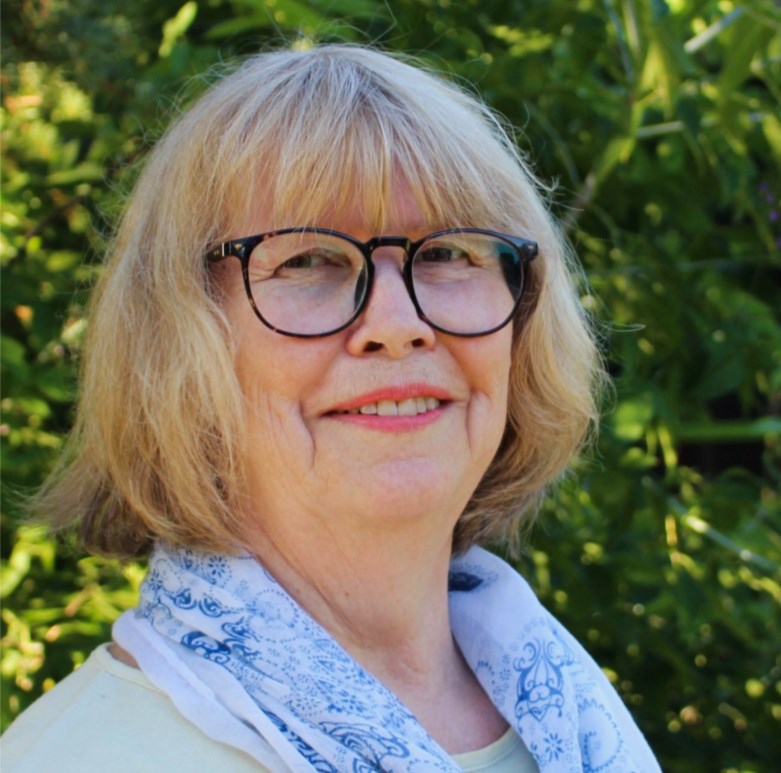A group of Guelph therapists will participate in a pilot project to understand the long-term benefits of providing free or low cost trauma counselling to vulnerable residents in Guelph.
Marsaye Treen, a local psychotherapist, is leading the project. She and 10 other therapists will provide their services pro bono, or pay-what-you-can, to one or two clients for a year.
The project is in the early stages and the group is in the process of scheduling its first meeting.
“I’ve done a lot of trauma work with clients and I know that there needs to be help for these people that is long-term.” said Treen.
“What I would like to do is to start a charitable organization and create a therapist collective of social workers and psychotherapists, and create funding to give to, to provide services for these people, for at least a year, or for however long they need.”
Participating therapists are asked to do a pre-assessment of the client’s condition, and financial situation. Treen said if the client is in crisis they will be referred elsewhere where they deal with people in crisis. She adds this project is not crisis work, and the client will need to be stable enough to participate. Currently, they are not looking for clients.
At the end of the project, all therapists will meet to compare the results of those sessions to determine if the project was successful in helping these clients deal with their trauma.
Most therapists who have agreed to join reached out to Treen after she posted about her idea for the pilot project on Facebook.
“I’ve wanted for at least 20 years to start something like this,” said Treen, “I realized there was this whole project that was lying under the surface for me.”
While the pilot project is still in the early stages, the criteria for selecting clients for this project includes if they have experienced trauma or are in circumstances where it would be difficult for them to continue therapy.
According to Treen, trauma counselling can be an expensive service, which many people are not able to keep paying for.
While short term therapy is very useful, it can be trying if a client has longer term needs and has to repeat their issues over and over again to different therapists.
As a result, both factors then turn into barriers for people seeking help.
“Often what people tend to do is give up.” said Treen, “When there’s major and/or many small traumas involved, it can be difficult to open up to a therapist and then have to do it all over again.”
With the current pandemic, more people are accessing mental health services available within the community, which means it may take longer for residents with complex trauma to receive help.
“They’re filled to the brim with people in crisis,” said Treen about the current state of mental health services in Guelph.
“So when people can’t access the help they need, where do they go? What do they do? They may start acting out … because they’re upset.”
“You wouldn’t expect this type of drastic two-tier system in cancer care.” said Alison DeMuy, the director of communications and strategy at the Canadian Mental Health Association Waterloo Wellington (CMHAWW).
“We’re seeing folks that are in complex situations who don’t always have the means to pay for therapy.” said DeMuy, “Our increase of volume of calls in here 24/7 has definitely gone up …. we’re watching a pretty stark (increase in) peculiarity of needs, where folks need more intensive services.”
All services at CHMAWW are ‘trauma-informed’ which have been certified through the college of psychotherapy, but these services often come with a waiting list of around 500 people.
DeMuy adds mental health care is trying to move towards regulating psychotherapy, as the need for more intensive treatment is growing.
“Our demand is really high and we’ve seen a pretty drastic increase in demand since June of this year.” she said, “We’re absolutely seeing what some folks are calling the ‘echo pandemic’ where we’re seeing a lot of anxiety and depression.”
Colleen Murdoch, director, communications and community impact at The United Way Guelph Wellington Dufferin, also agrees that Guelph will continue to see a rising need for mental health services.
According to her, youth, seniors, senior care workers and rural areas are all experiencing an unprecedented need during the pandemic.
"Mental health is going to continue to be something that needs our attention," said Murodch, "I don't think it's a bad thing to have multiple places for people to access mental health supports, especially if it is at a low or no cost."
If all therapists in the pilot project are able to successfully provide trauma counselling to those most vulnerable, Treen said it would produce positive effects on the community, like lower healthcare costs.
“Once we hopefully get some funding going, the sky’s the limit. Hopefully we can double that and triple that.” said Treen. “Then, once we get rolling, then what I would like to do is take it around to other places. Maybe to other parts of Canada. Maybe the rest of the world.”
